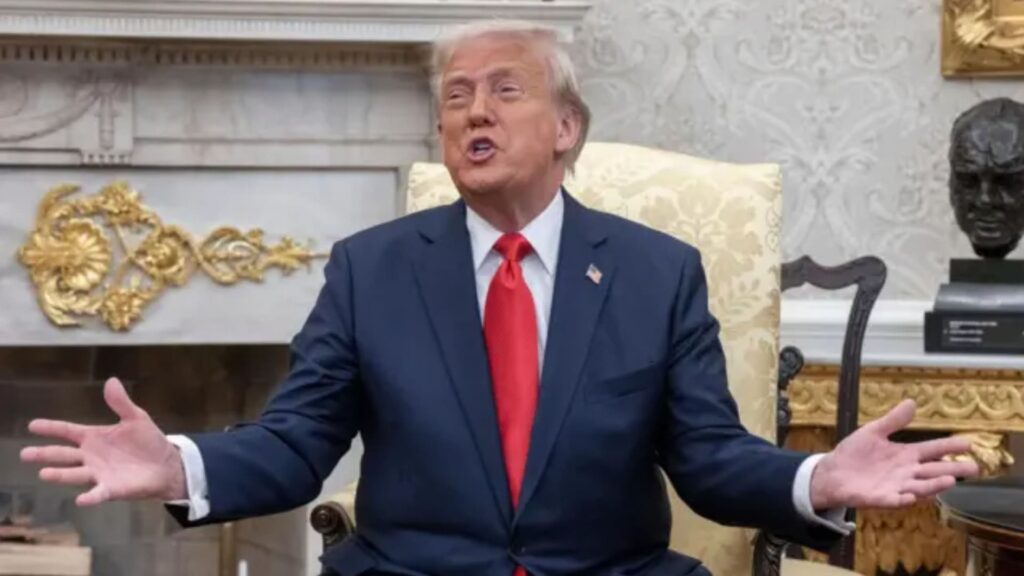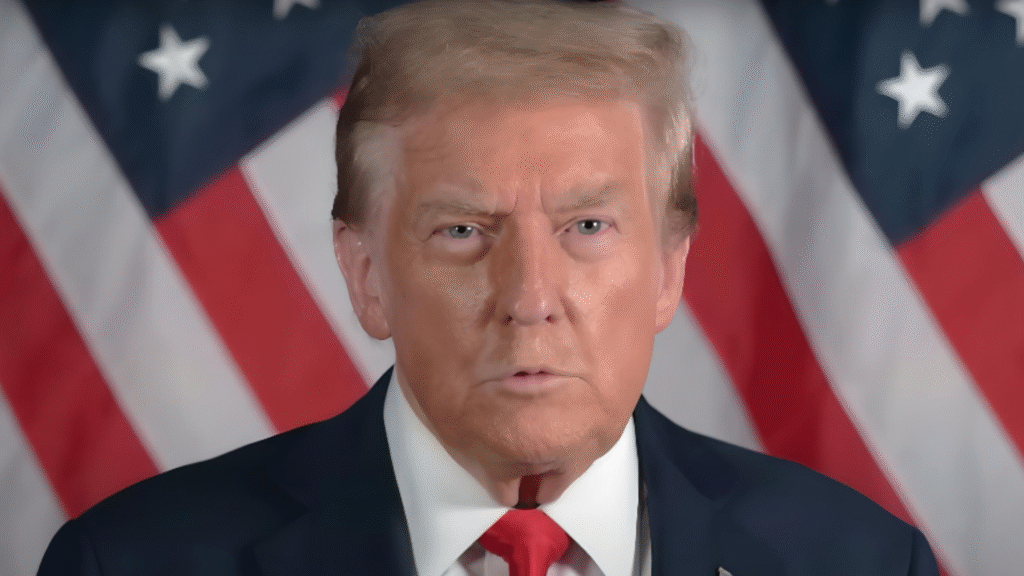July 12, 2025 — The White House is actively discussing a plan to end the conflict in Ukraine, one that could significantly reshape the balance of power in Eastern Europe. U.S. President Donald Trump, who assumed office in January, has made it clear: to bring an end to the war, Kyiv must agree to serious territorial concessions, including relinquishing control over regions currently held by Russian forces.
According to The Daily Telegraph, citing informed sources, the plan under consideration in Washington involves freezing the current front line and recognizing Russia’s de facto control over Crimea, large portions of the Donbas, and occupied areas in the Zaporizhzhia and Kherson regions. In return, Ukraine would receive economic assistance and limited security assurances — but without any prospects of joining major defense alliances.
This approach has sparked strong reactions in Kyiv. Ukrainian President Volodymyr Zelensky has stated that such concessions not only violate the country’s constitution but are also completely unacceptable to Ukrainian society, which has paid an enormous price for every inch of its territory.
Across Europe, Trump’s proposal is being met with growing concern. French Defense Minister Sébastien Lecornu warned that such moves pave the way for a peace built not on justice but on coercion. He emphasized that a lasting agreement is impossible without the full participation of both Ukraine and European nations in the negotiation process.
Meanwhile, the Trump administration insists the conflict has dragged on too long and demands an immediate political resolution. Speaking at a recent press conference, the president declared, “Both Ukraine and Russia are tired of this war. It’s time for a strong leader to bring them to the table and end this catastrophe.”
Some analysts view this not merely as an attempt to end hostilities, but as an effort by Washington to construct a new regional security framework with the United States at its center. However, a critical question remains: can such a peace be truly sustainable if it is imposed through outside pressure and without the consent of all parties involved?
One thing is certain: a scenario in which sovereignty is traded for geopolitical compromise will have lasting consequences for the global order.



